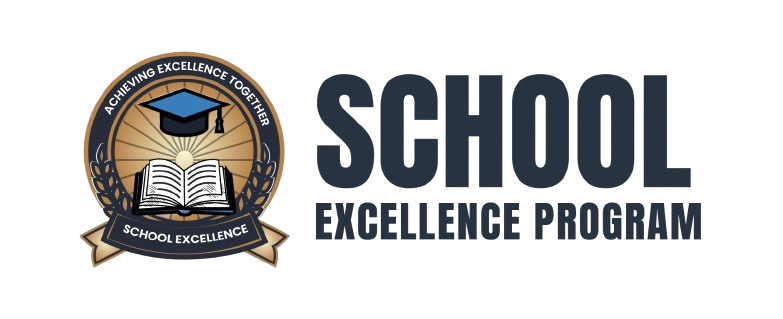Why CBSE Schools Must Evolve: Addressing Key Challenges in Modern Education
Why CBSE Schools Must Evolve: Addressing Key Challenges in Modern Education
The Central Board of Secondary Education (CBSE) is one of India’s most prominent educational boards, known for its structured curriculum and standardized assessment systems. However, as the education landscape rapidly evolves, even established institutions like CBSE schools face significant challenges. The world today demands a different set of skills and learning approaches than it did a few decades ago. To remain relevant and continue to produce well-rounded graduates, CBSE schools must embrace change and adapt to meet the needs of the 21st-century learner.
1. Moving Beyond Rote Learning to Foster Critical Thinking
One of the most significant criticisms of the traditional CBSE education model is its heavy reliance on rote memorization. For years, students have been trained to focus on memorizing facts and figures to perform well in exams. However, this approach often limits students’ ability to think critically, solve problems creatively, or apply their knowledge in real-world scenarios.
To address this challenge, CBSE schools need to incorporate teaching methods that prioritize understanding, analysis, and problem-solving over mere memorization. This shift would involve integrating case studies, project-based learning, and open-ended questions into the curriculum. Encouraging students to ask questions, explore different viewpoints, and engage in discussions will help them develop a deeper understanding of the subjects.
2. Bridging the Gap Between Academic Knowledge and Practical Skills
While academic excellence remains a cornerstone of CBSE schools, there is a growing demand for practical skills that prepare students for the real world. In today’s competitive environment, skills like communication, collaboration, creativity, and digital literacy are just as important as academic achievements.
To bridge this gap, CBSE schools should focus on providing a well-rounded education that includes soft skills, technical training, and hands-on projects. Introducing life skills programs, extracurricular activities, and workshops on technology and entrepreneurship can help students become more adaptable and resourceful.
3. Embracing Technology in the Classroom
The digital revolution has transformed the way students learn, and it is essential for CBSE schools to keep up. Integrating technology into the classroom can enhance learning, make lessons more engaging, and help students become comfortable with digital tools that are essential in higher education and the workforce.
Despite the advantages, many CBSE schools still rely on traditional teaching methods. To address this, schools should invest in digital infrastructure, train teachers to use technology effectively, and introduce digital learning platforms. This can include everything from interactive whiteboards and online assessments to educational apps and virtual labs.
By leveraging technology, CBSE schools can provide personalized learning experiences that cater to the needs of individual students, making education more inclusive and effective.
4. Addressing the Social and Emotional Needs of Students
The pressure to excel academically often takes a toll on students’ mental health. High expectations from parents, teachers, and society can lead to stress, anxiety, and burnout among students. CBSE schools must recognize the importance of social-emotional learning (SEL) to help students manage their emotions, build resilience, and develop healthy relationships.
Incorporating SEL into the curriculum involves teaching students about empathy, mindfulness, and emotional regulation. Schools can also establish counseling services, peer support groups, and wellness programs to provide students with a safe space to express their concerns and seek guidance.
5. Continuous Professional Development for Teachers
Teachers are the backbone of any educational institution, and their ability to adapt to new teaching methods and tools is crucial for the success of any reform. However, in many CBSE schools, teachers lack access to continuous professional development (CPD) programs that can help them update their skills.
Investing in CPD ensures that educators are well-equipped to deliver modern, student-centric education. Schools should provide workshops, training sessions, and collaborative learning opportunities for teachers. This not only enhances their teaching abilities but also boosts their confidence and motivation.
Conclusion: A Call for Change
To remain relevant in a rapidly changing world, CBSE schools must evolve. The traditional model of education, while effective in its time, is no longer sufficient to prepare students for the complexities of the modern world. By embracing innovative teaching methods, incorporating technology, focusing on holistic student development, and investing in teacher training, CBSE schools can address the challenges they face today.
Ultimately, the goal of education should not just be to produce academically successful students but to nurture lifelong learners who are adaptable, resilient, and capable of thriving in an unpredictable future. Embracing these changes will ensure that CBSE schools remain leaders in India’s educational landscape and continue to provide a high-quality education that empowers the next generation.

